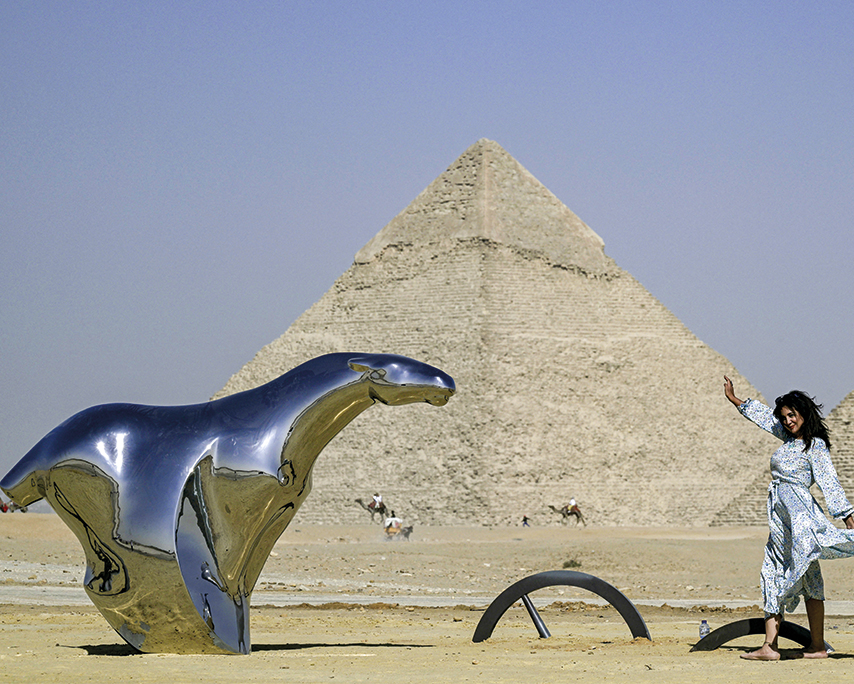World Intellectual Property Day
AI, intellectual property, and Africa’s cultural future
In a world increasingly shaped by artificial intelligence, the meaning of creativity, ownership, and fairness is shifting before our eyes. For many, AI is a powerful tool, allowing small creators to produce high-quality content at a fraction of the cost. But with this power comes an uncomfortable truth: much of what AI generates is built on data it did not ask for, sourced from voices that may never be credited or compensated. For Africa, a continent rich in cultural heritage yet often marginalised in digital spaces, this moment presents both a profound challenge and an unprecedented opportunity. On this World Intellectual Property Day, we explore how to ensure African knowledge and creativity are protected and empowered, not extracted and exploited.
As artificial intelligence (AI) rapidly reshapes the creative industries, generating art, music, writing, and more, it also raises complex questions about intellectual property (IP), data ownership, and cultural preservation. Traditionally, IP laws were designed to reward individual creativity and protect innovation, ensuring inventors and artists had the legal framework to benefit from their work. Simply put, the IP laws are meant to encourage innovation and reward creators while balancing private ownership with public access and benefit. Today, these laws are being stress-tested by AI systems capable of generating music, writing, and images—much of it trained on existing human output. When these models scrape the internet for data, whose content is being used? Whose languages, songs, stories, and artworks are embedded in the algorithms?
This question is particularly relevant for Africa. The continent’s rich oral traditions, diverse languages, and indigenous knowledge systems are often underrepresented, or misrepresented, in mainstream digital platforms. When AI systems are trained on global data, African content is either left out or consumed without acknowledgement. In effect, there is a risk of repeating the very patterns of extraction that defined the colonial era: African intellectual and cultural resources being used to build systems that largely benefit others.
But this is not just a tale of exploitation. It is also a story of potential. Africa is uniquely positioned to lead the world in rethinking what IP should look like in the age of AI. Instead of adopting rigid Western models of ownership that prioritise individual creators and commercial interests, African nations can forge a more inclusive approach, one that respects communal creativity, honours cultural custodianship, and reflects local realities.
This begins with building data sovereignty. Digitising our histories, languages, and archives in locally controlled and ethically governed ways is a foundational step. It also means training creators and policymakers to understand the implications of AI and advocating for IP laws that protect African content from being unfairly mined or monetised by others.
We need to move the conversation beyond legal reform and into cultural consensus. Who gets to claim authorship in the age of AI? How do we ensure that AI-generated content does not erase the origins of the data it is based on? And how can Africa shape a future where its stories are not just inputs but assets—owned, protected, and valued by the communities that created them?
The answers to these questions will not come easily, but they are necessary. Because if we are not asking who owns the future of creativity, we may wake up to find that it is already been taken.



